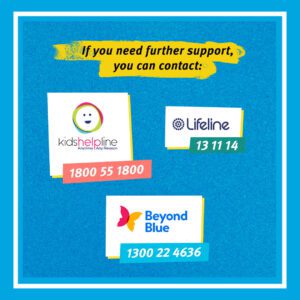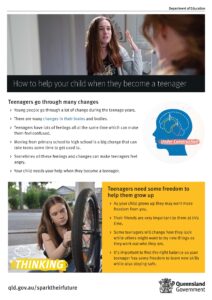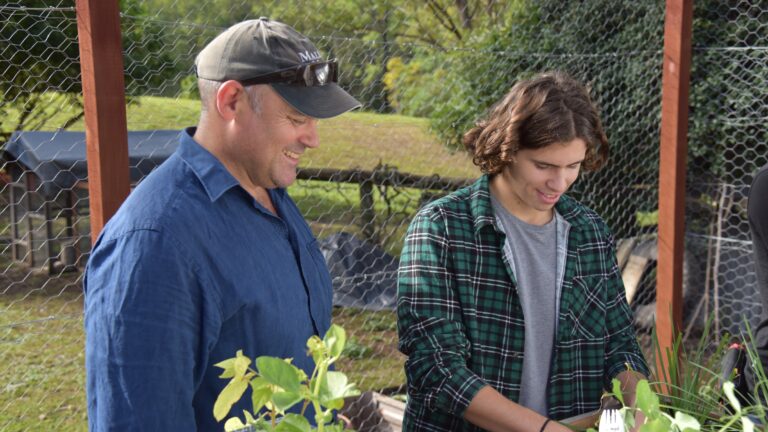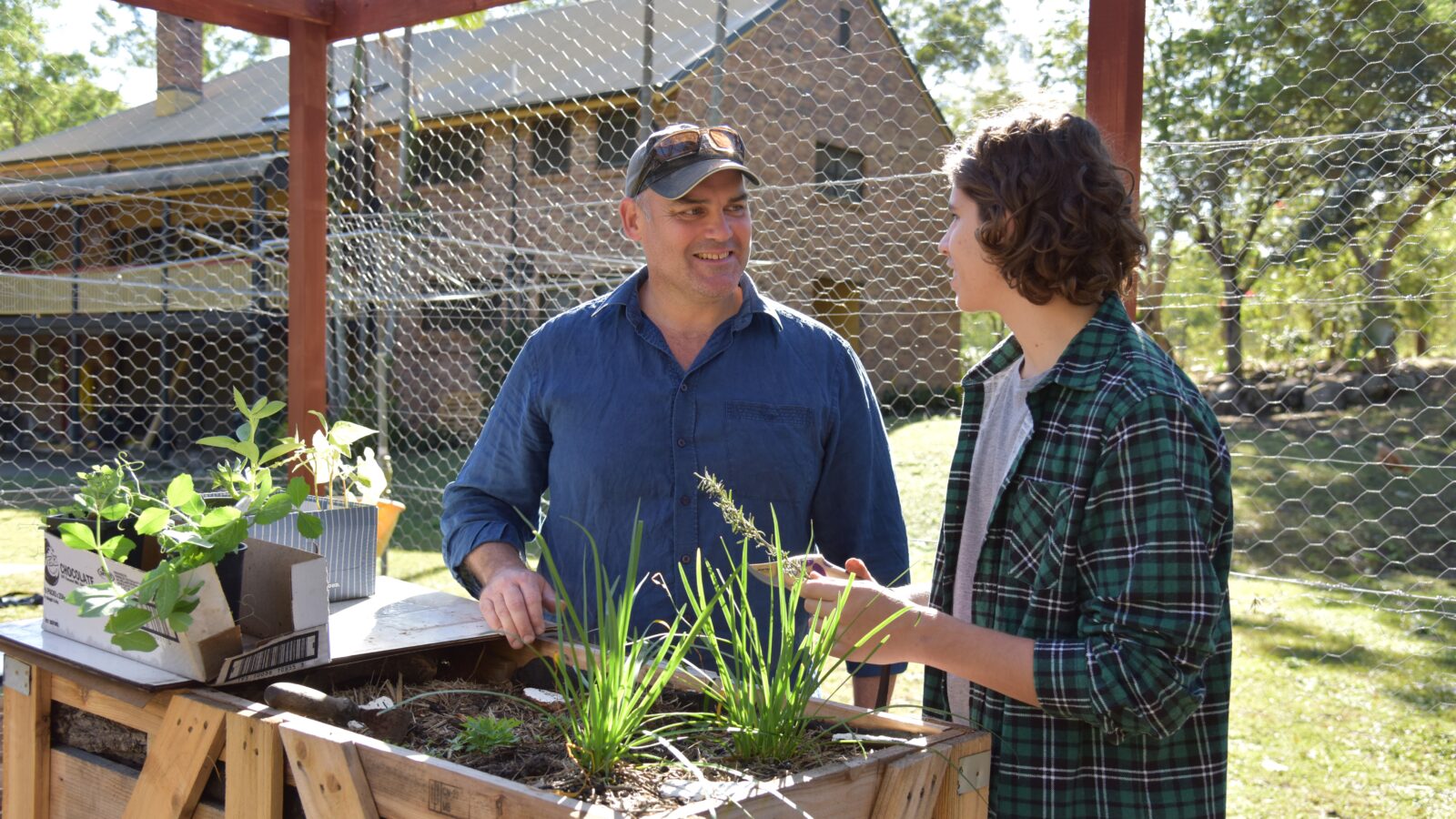Teenagers go through many changes
- Young people go through a lot of change during the teenage years.
- There are many changes in their brains and bodies.
- Teenagers have lots of feelings all at the same time which can make them feel confused.
- Moving from primary school to high school is a big change that can take teens some time to get used to.
- Sometimes all these feelings and changes can make teenagers feel angry.
- Your child needs your help when they become a teenager.
Teenagers need some freedom to help them grow up
- As your child grows up they may want more freedom from you.
- Their friends are very important to them at this time.
- Some teenagers will change how they look while others might want to try new things as they work out who they are.
- It’s important to find the right balance so your teenager has some freedom to learn new skills while also staying safe.
How you can help your teenager
- Spend time with your teenager having fun together rather than giving them advice.
- When you talk to your teen, try to be calm and relaxed. If you are emotional, your teen is likely to become emotional too, but if you are calm, it will help your teen stay calm.
- When you want to have a difficult conversation with your teen, ask them when it would suit them to have the talk.
- Keep doing things as a family as these habits can help your teenager feel safe.
- Do kind things for your teenager so they feel loved. Bring them a drink while they are studying or leave them a note on their computer.
- Tell your teenager that their feelings are important and that you understand how they feel.
- Help your child learn how to make good decisions by letting them practise deciding simple things like what time they go to bed. This five-step approach can also help your teen learn how to make good decisions.
- You and your teenager may argue more than before. This is normal. Try not to argue about every little thing. Save your arguments for things that really matter.
- Often when teenagers get angry, it is because they feel worried or stressed. Help your teenager understand why they feel stressed so you can help them.
- Help your teenager exercise regularly. Exercise can be many things including dancing, swimming, gardening, or walking to school. When teenagers exercise, they feel better and they learn better at school.
- Help your teenager get enough sleep. Most teenagers need 8 to 10 hours of sleep each night. It is better for your teen not to be on their screen before they go to sleep so their brain is relaxed and ready for sleep.
- Help your teen spend time with other teenagers who enjoy doing the same things. These positive connections can help your teenager feel good.
- Give your teenager a safe place where they can relax and calm down.
- Show your teenager the right way to behave by behaving in a good way when you are disappointed or angry.
- Be positive when your teenager does the right thing and let them know you are proud of them.
Pick the right moment to talk to your teenager
- School can be very busy for a teenager.
- Sometimes when teenagers get home from school, they do not feel like talking.
- Sometimes it is better not to ask them lots of questions.
- Instead, leave a note on their desk asking them if they are okay.
- It can help to talk to your teen when you are doing something else like driving in the car together or going for a walk.
- Suggest to your teen that they write down how they feel in a notebook or talk about their feelings on a video as this can help them understand their feelings.
Take care of yourself
- Your teenager’s behaviour might make you feel angry or sad.
- Try to find things you can do to make yourself feel better.
- When you feel better, you will be able to help your child.
How to get help
- It is normal for your child’s behaviour to change when they become a teenager.
- It is okay to ask for help if you need it.
- You can speak to your child’s school.
- You can also speak to your family doctor or contact Beyond Blue (1300 22 4636), eheadspace, Lifeline (13 11 14) or KidsHelpline (1800 551 800).

Last Updated: 08 December 2022






